Teenagers
Chasing Sunshine: Teen Loneliness and Tips for Beating the Summer Blues
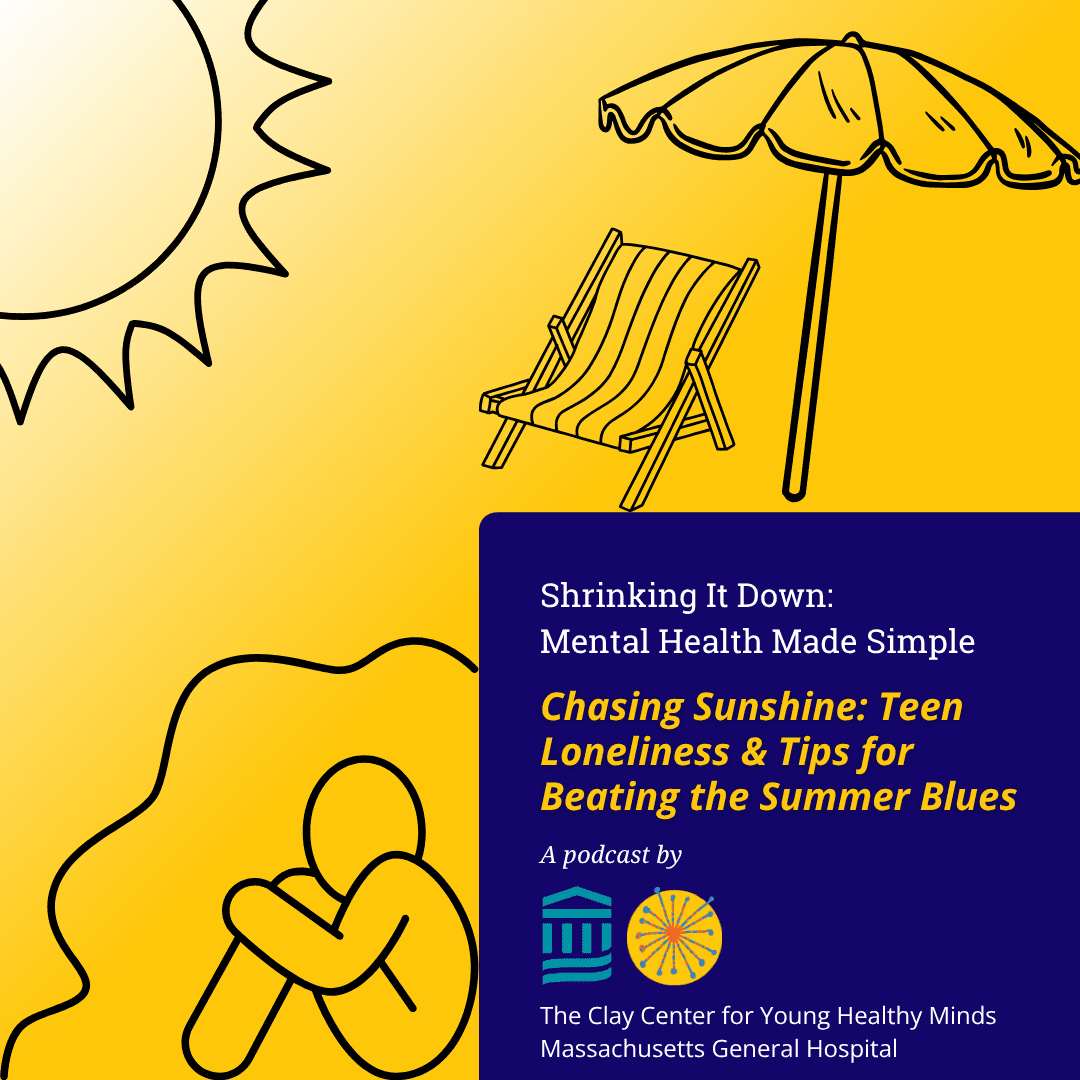
While the summer is usually painted as time of fun, freedom, and relaxation, for many teens it can feel like the exact opposite — disconnected, isolating, and emotionally heavy. Without the daily structure of school or regular peer interaction, teens can find themselves feeling invisible, left out, or unsure of where they belong.
Teen Nicotine Use
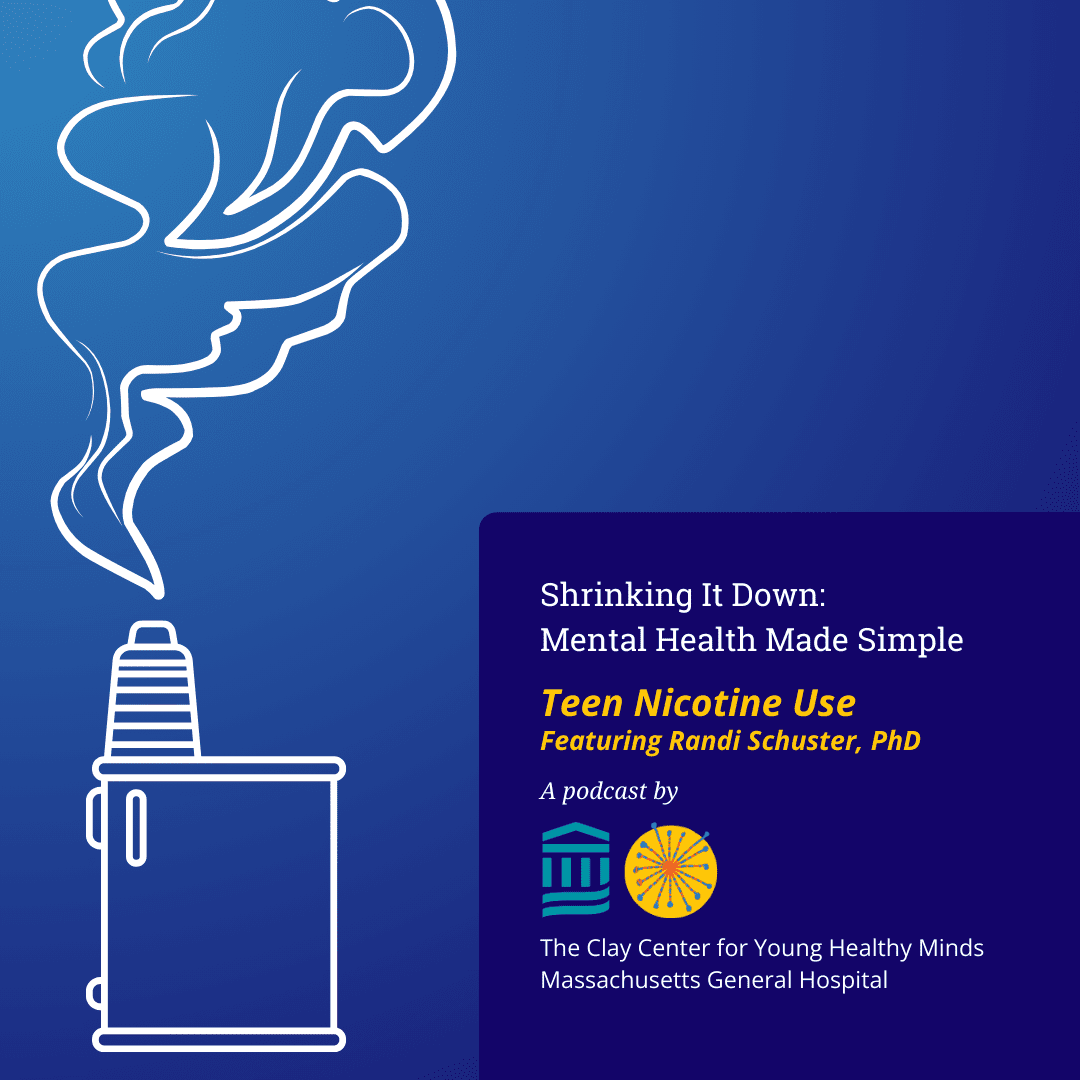
In 2024, the CDC reported that 1 in 29 middle school and 1 in 13 high school students vaped in the past month. This statistic is especially troubling, given that 9 in 10 adults who smoke daily first tried smoking by the age of 18.
In this episode of Shrinking it Down, Dr.
A Letter to Those Struggling: Surviving a Severe Eating Disorder

Note: The following person’s account of his/her personal experience has been published with his/her consent to support the mission of The Clay Center for Young Healthy Minds, and let others in similar situations not feel so alone.
Marijuana: Facts, Myths, and Ben’s Story

Many parents and teens wonder about the safety of using marijuana. While much is known about this substance, there is still considerable controversy about its potential harm to teenagers.
Learn more about cannabis and the teen brain. Tune in above, or find us wherever you stream.
Let’s take a look at Ben’s story.
How Can Young People Combat Teen Loneliness?

Order your copy of Dr. Beresin’s full guide.
Teen loneliness. It seems the opposite of what most folks would think, but more and more surveys are finding that teenagers and young adults today may be lonelier than any other age group – even older adults.
Fears & Phobias in Kids, feat. Susan Sprich, PhD – Shrinking It Down
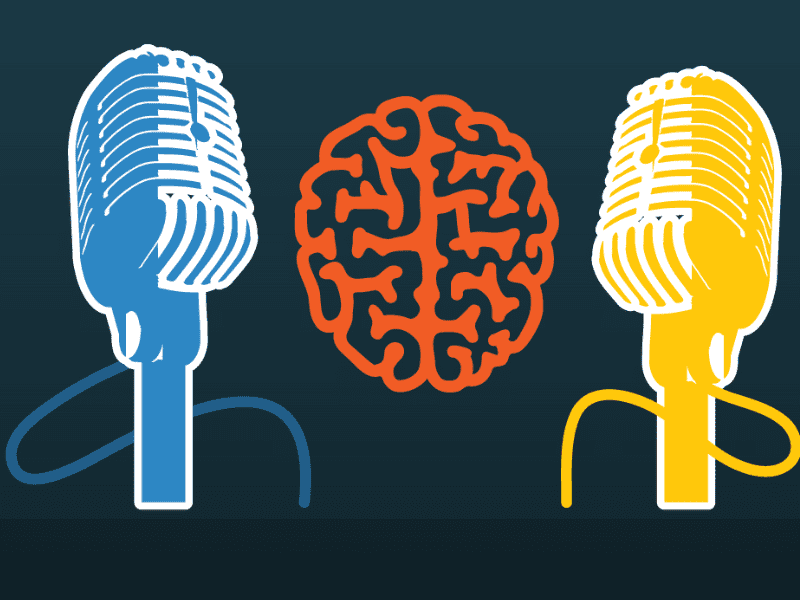
Fears and phobias are not the same thing.
All of us have fears – kids and adults alike. Many of us even enjoy a good scare now and again (there’s a reason why horror movies do so well). And most fears in our children – real or imagined – eventually respond to reassurance, emotional calming, or distraction.
Autism: Making the Transition to College, feat. Chris Keary, MD

Starting college for the first time can be a big deal for all kids, but for those with Autism Spectrum Disorder there’s even more to consider for making it a smooth transition. As parents, how do we provide the best support? How involved should we be?
Special guest Dr.
Programs and Services
The Clay Center for Young Healthy Minds at MGH (“The Clay Center”) mission is to promote well-being by providing mental health education to aide in the prevention, reduction and de-stigmatization of mental illness in young people.
How to Support Youth Athletes When a Sports Injury Derails Their Season
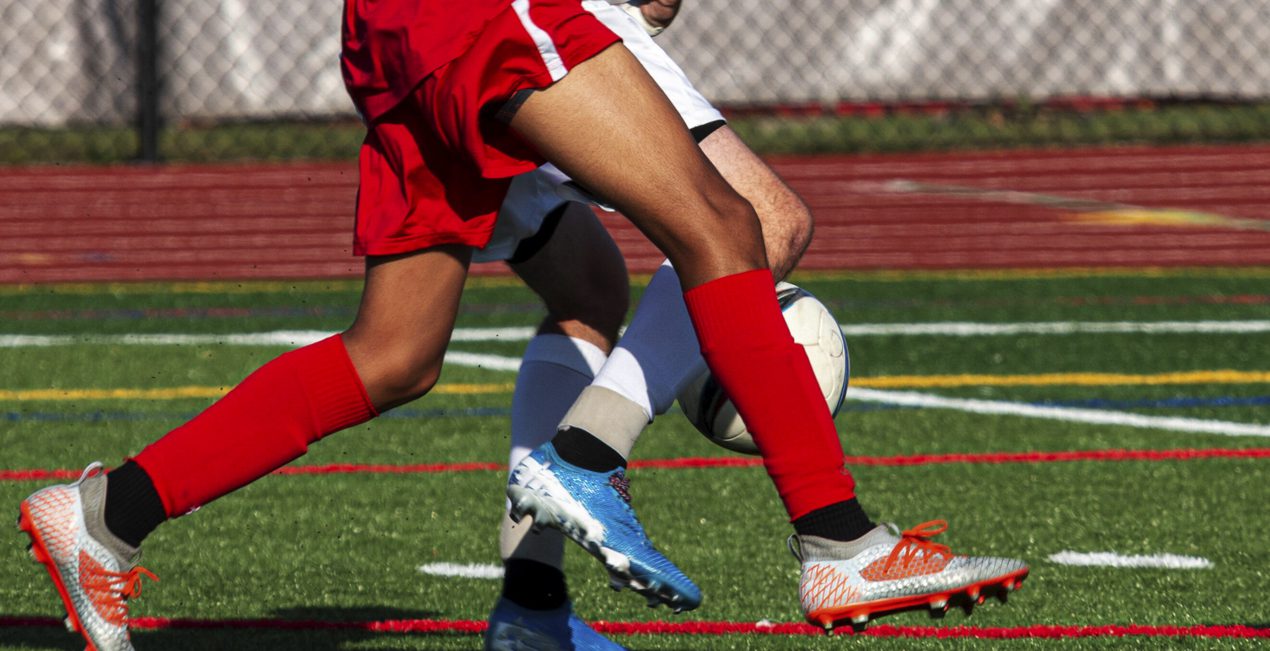
Agony. Fear. Uncertainty. A loss of what could have been…
These are just a few psychological hallmarks of an injured athlete’s experience.
What If My Child Has Depression?
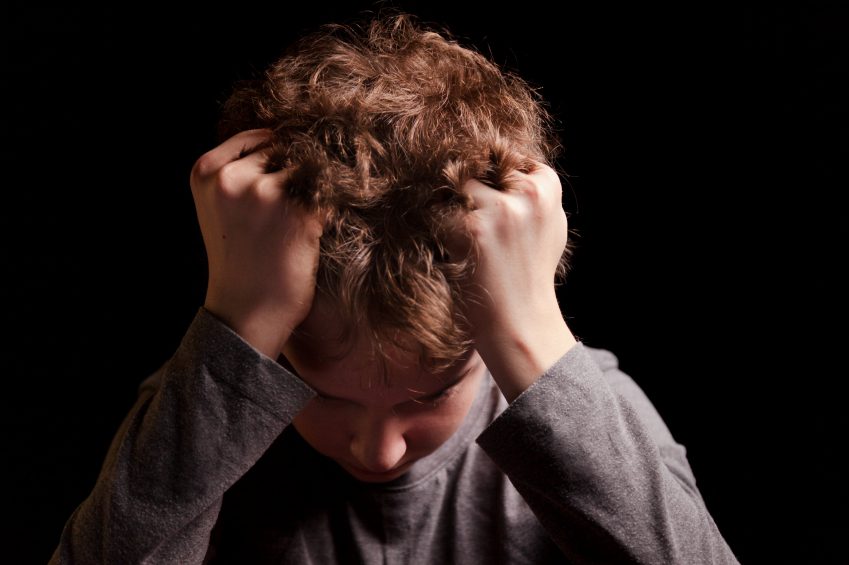
What is child depression, and when should you worry about it in your child or teen? See more, below.
Este artículo está disponible en español.
Print out a summary of this article.
“Depression” is a funny term.



